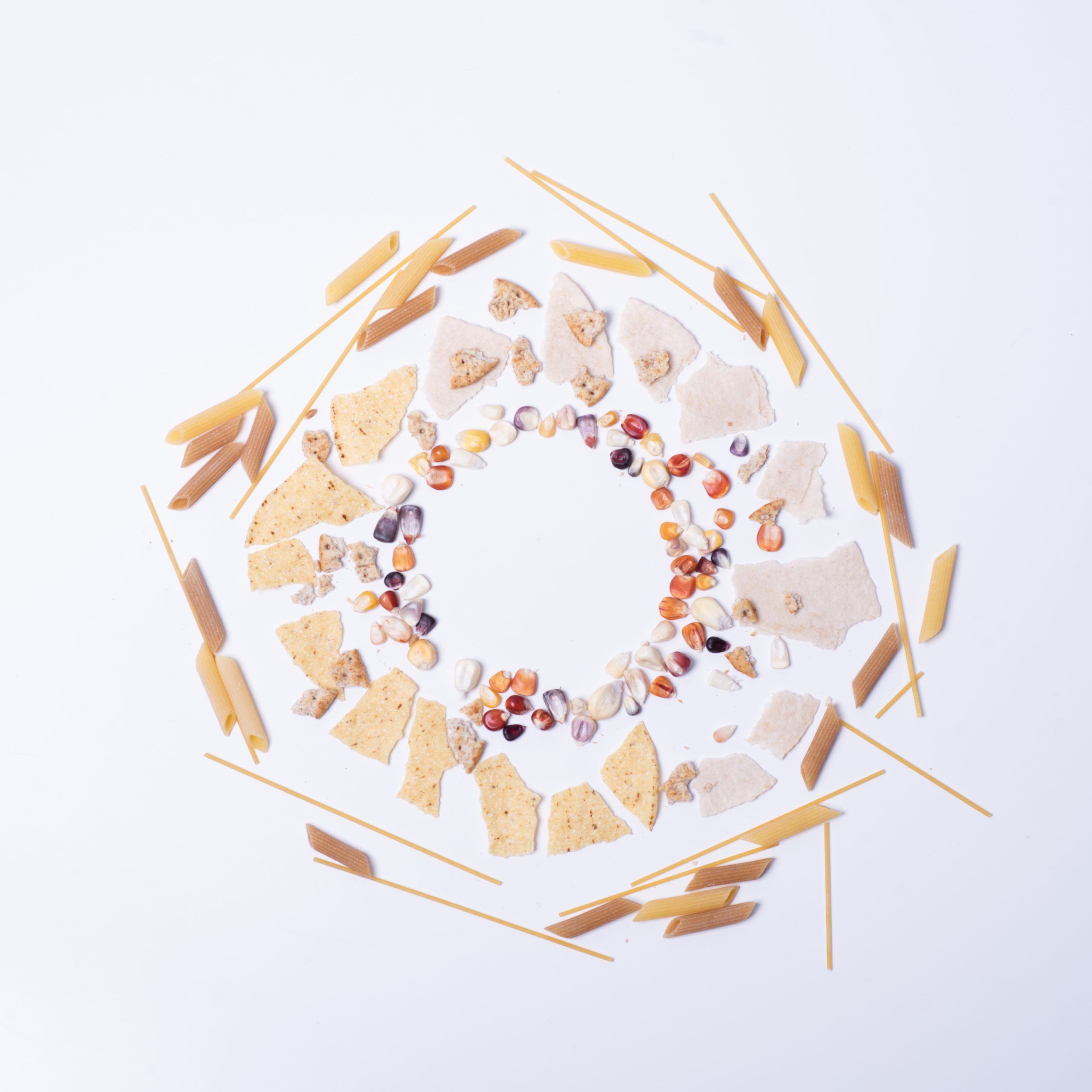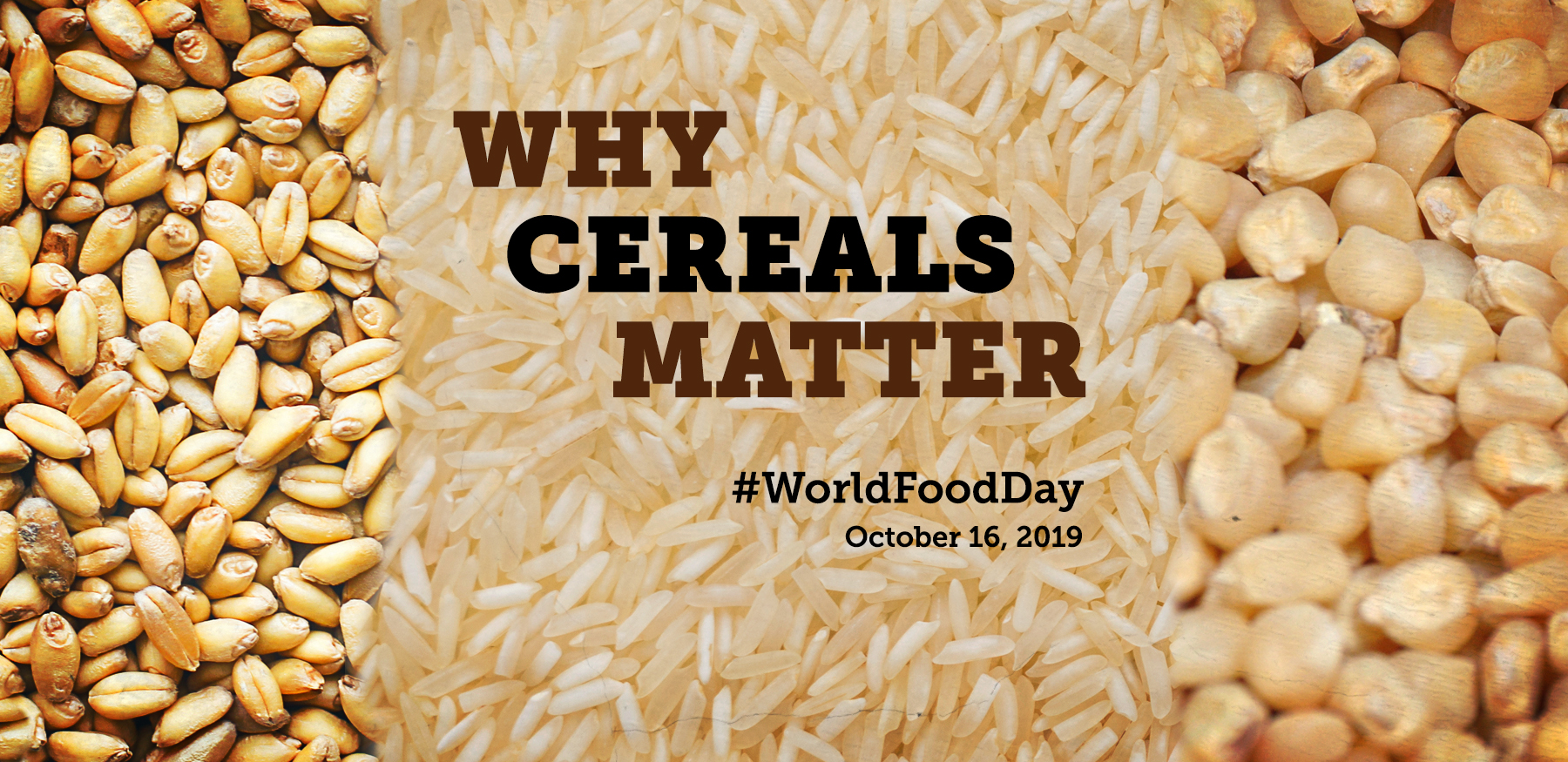This international Women’s Day, March 8, 2022, the International Maize and Wheat Improvement Center (CIMMYT) celebrates the essential role that women play in agriculture and food systems, and acknowledges that gender equality is essential to achieve a sustainable future. The burden of climate change impacts women disproportionately, even though we rely on them to drive change in climate adaptation, mitigation and solutions.
For example, in the last year, CIMMYT research found that educating women farming wheat in Bihar, India, increases the adoption of climate-smart agricultural practices, which, in turn, reduces greenhouse gas emissions, and boosts nitrogen productivity, eco-efficiency and yield. Additionally, in Mexico, a CIMMYT study found that women are less likely to default on agricultural credit than men, but seldom receive loans. Connecting women to financial capital to obtain agricultural inputs is an essential step in boosting their decision-making in food production.
Read more about our pathbreaking work in gender research in the collection of stories below!
Gender equality for climate-resilient, sustainable food systems
The CGIAR GENDER platform is hosting a side event on the margins of the Commission on the Status of Women (CSW66), on March 14, 2022: Women’s and girls’ empowerment: Key to equitable food systems in a changing climate?
Registration is open now.
You can also join a Twitter chat hosted by @CGIARgender on March 8, 2022.
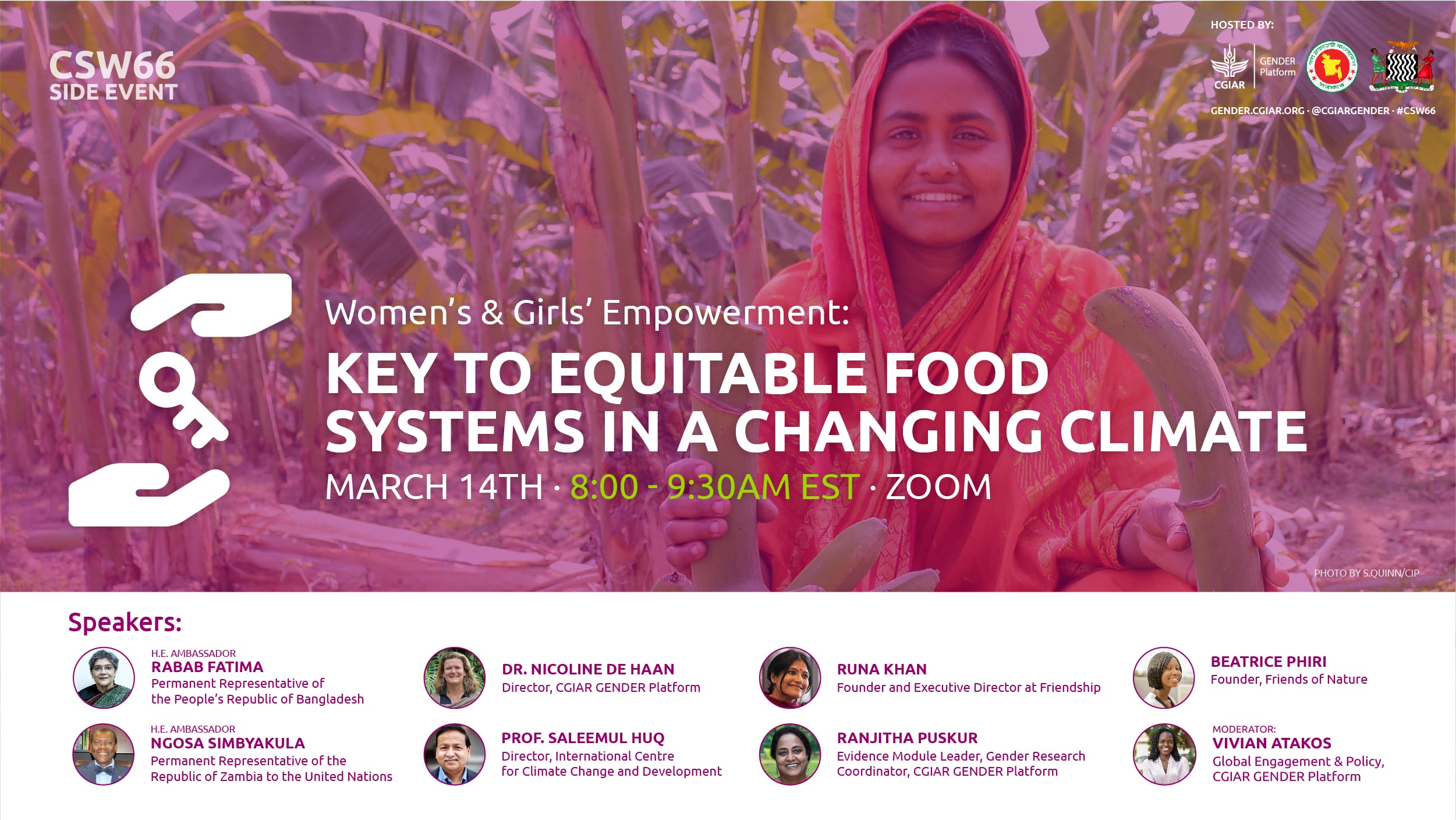
Bending gender norms
CIMMYT social researcher Pragya Timsina discusses how women’s participation in agriculture is evolving across the Eastern Gangetic Plains and a new, forthcoming study: “Necessity as a driver of bending agricultural gender norms in South Asia.”
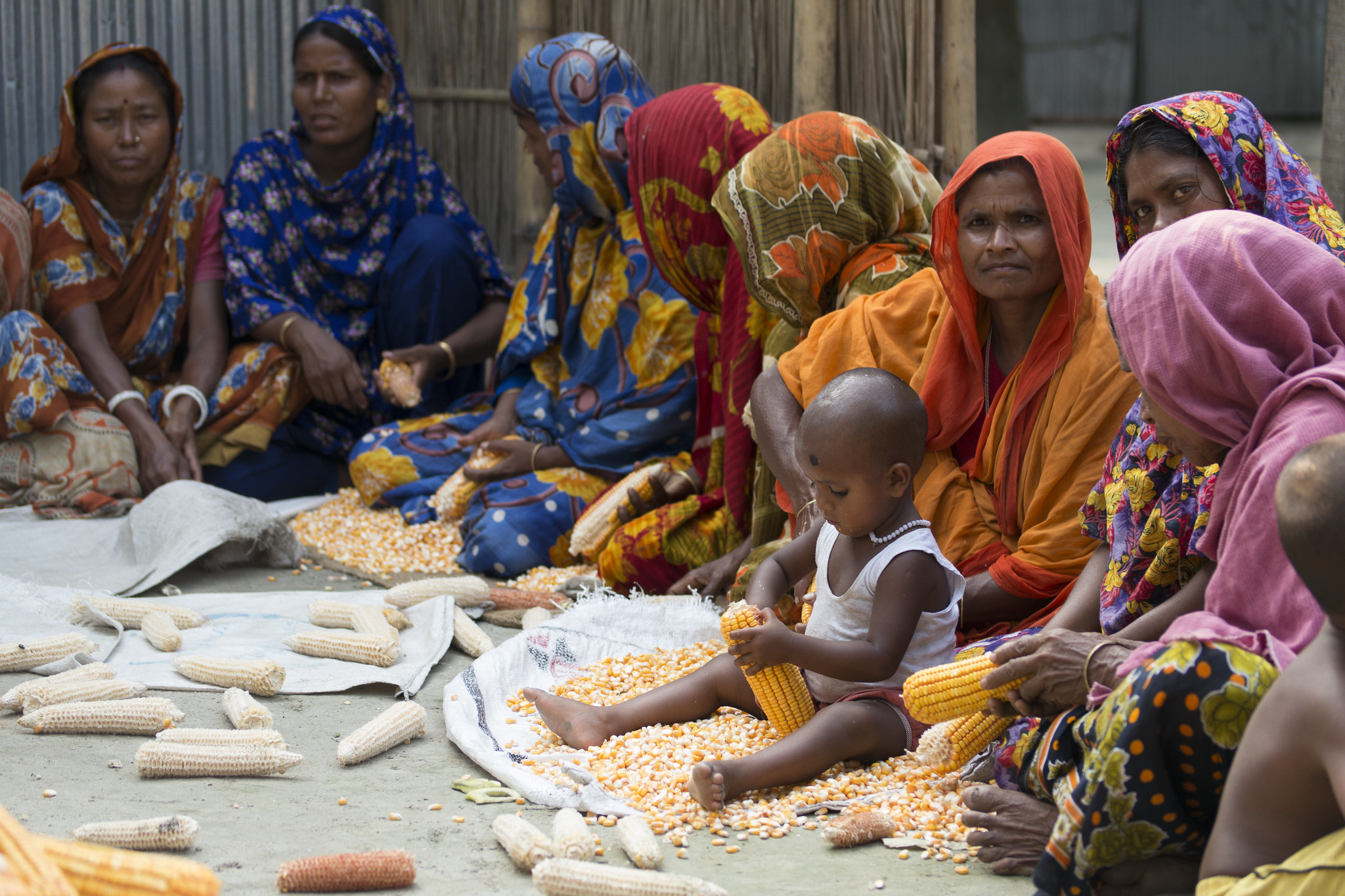
From diagnosis to action on social equity
Building on impact of GENNOVATE, scientists recommend integrating gender-transformative research and methodologies into the new CGIAR Initiatives.
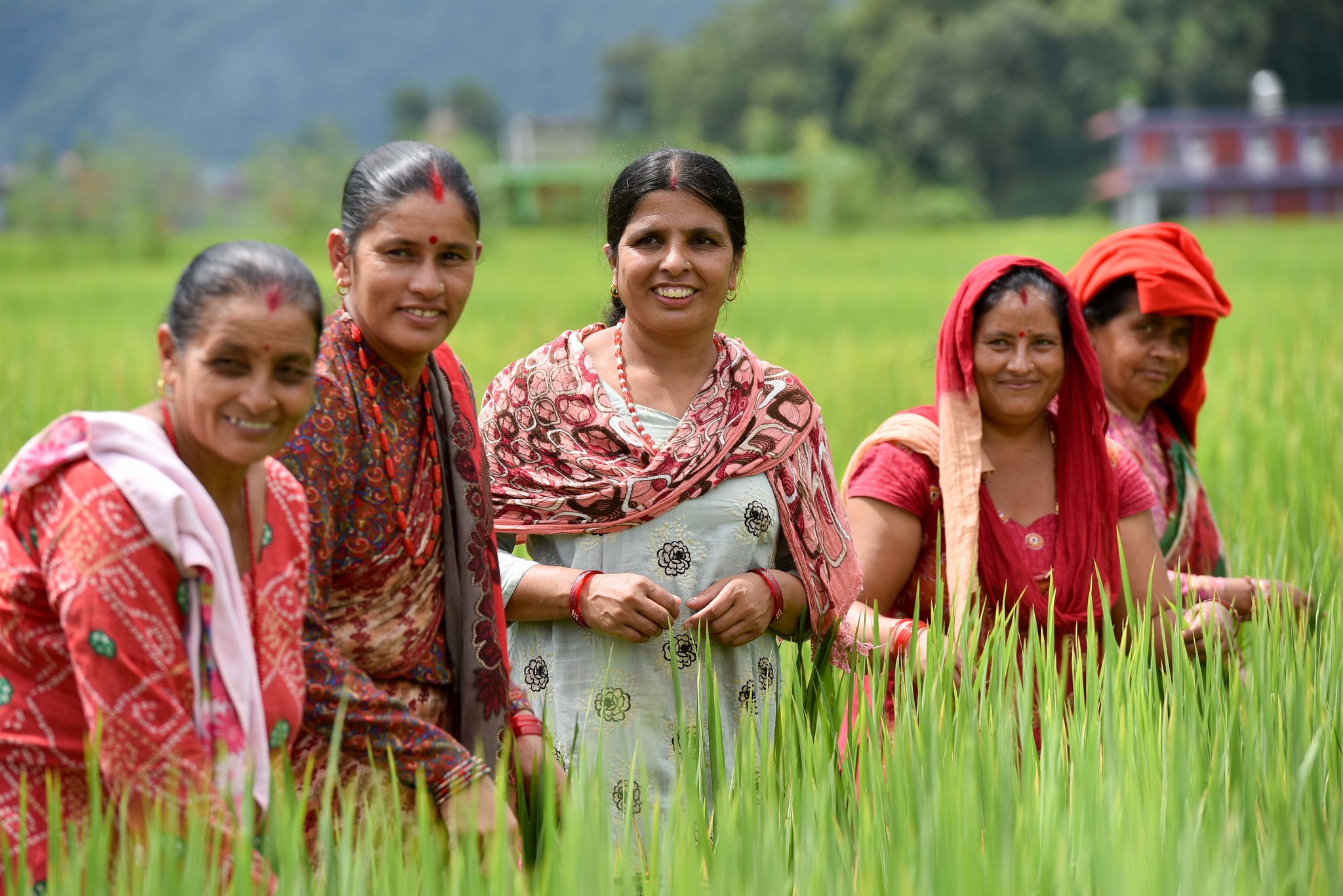
Gender mainstreaming on climate-smart agriculture
New research explores how the adoption of climate-smart agricultural practices can help address environmental issues, reduce out-migration and ensure household food security.
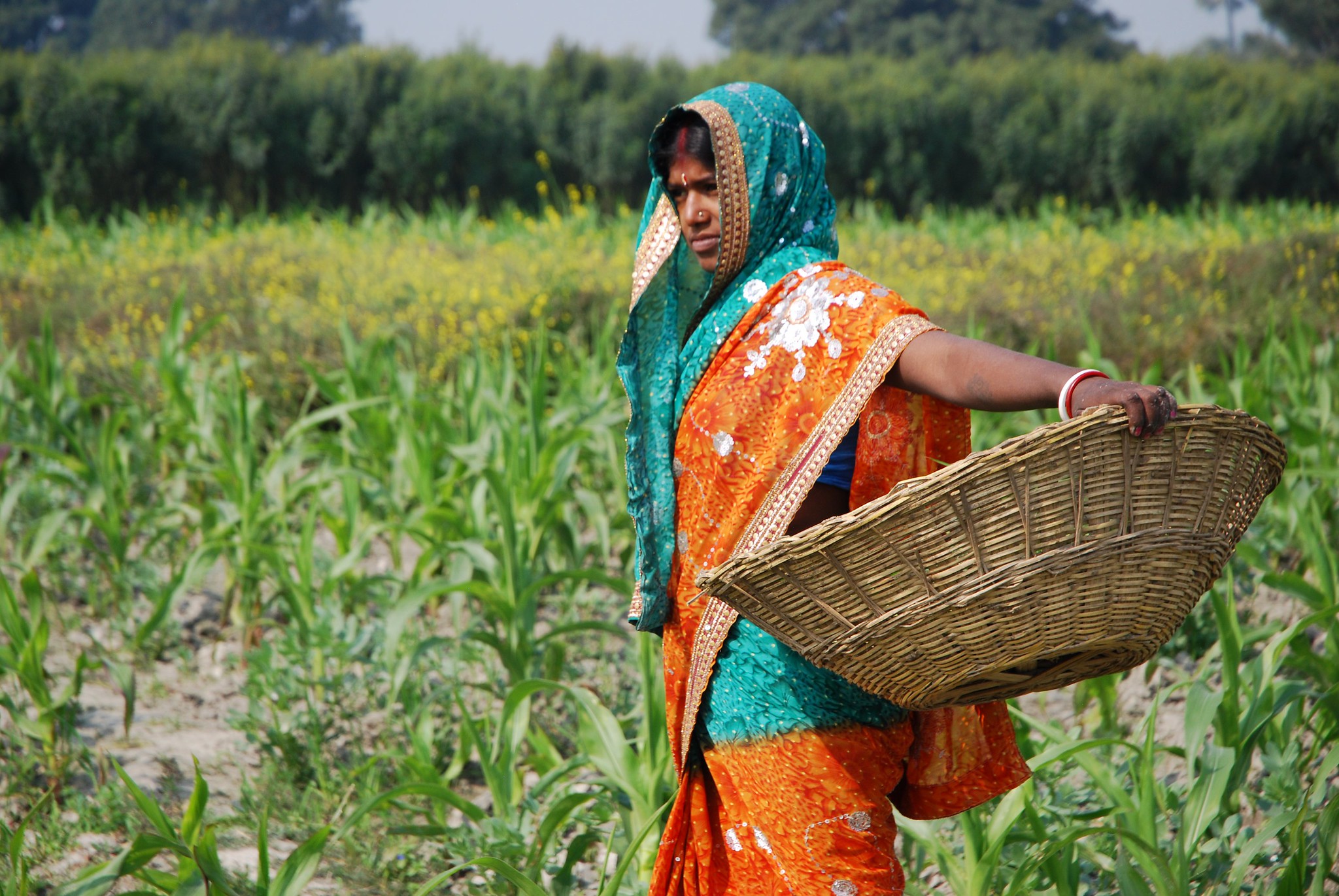
Gender-responsive and gender-intentional maize breeding
A new paper by CIMMYT researchers takes stock of lessons learnt on gender inclusivity and maize breeding in Africa. Scientists also assess knowledge gaps that need to be filled to effectively support gender-responsive and gender-intentional breeding and seed systems work.
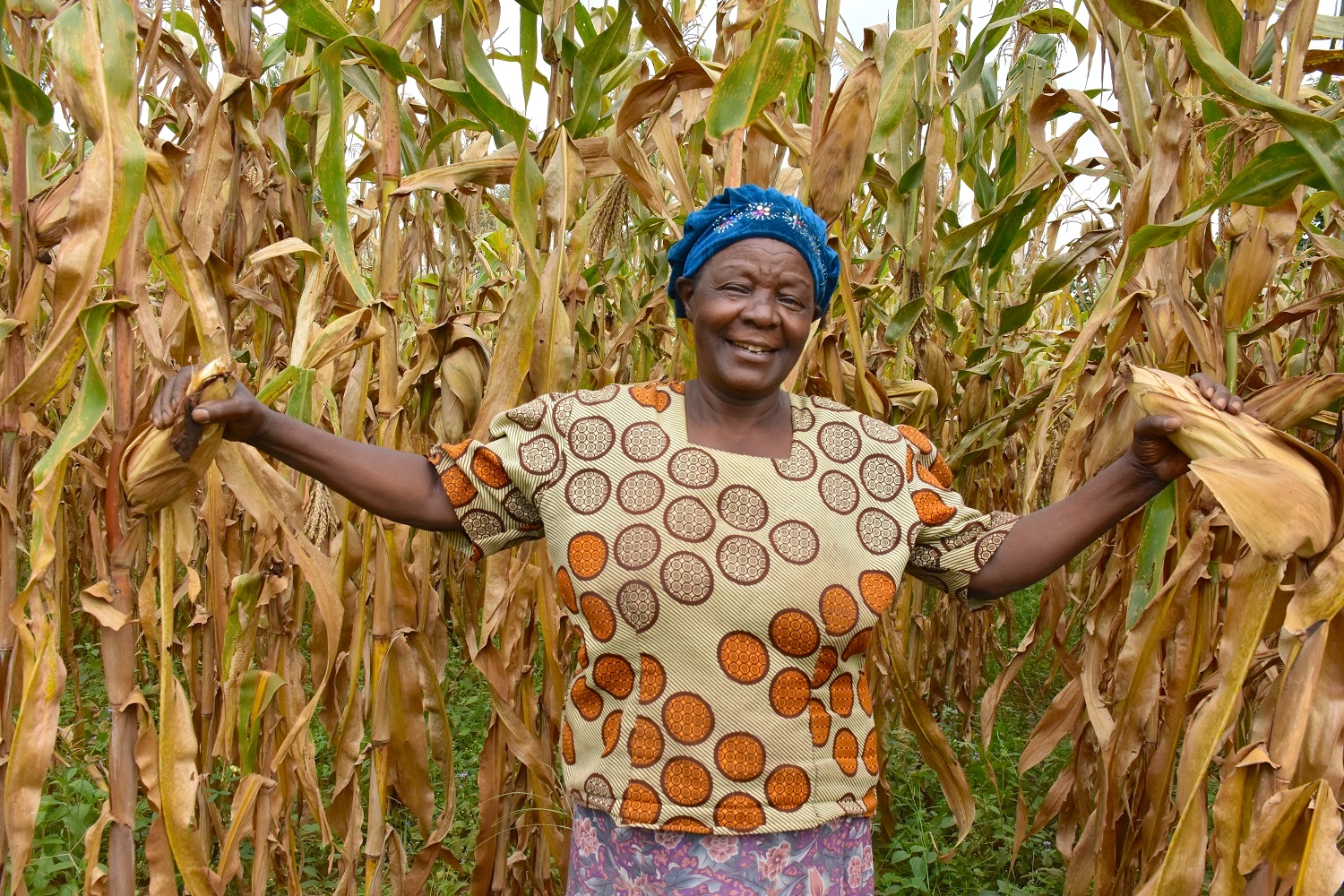
Towards gender-transformative research in the CGIAR
Gender scientists from ten CGIAR centers and key partner institutions came together in a hybrid workshop to integrate gender-transformative research and methodologies into the new CGIAR Initiatives. In this series of videos, GENNOVATE partners share their insights on this topic.
Cover image: Marcelo Ortiz/CIMMYT
 Capacity development
Capacity development 